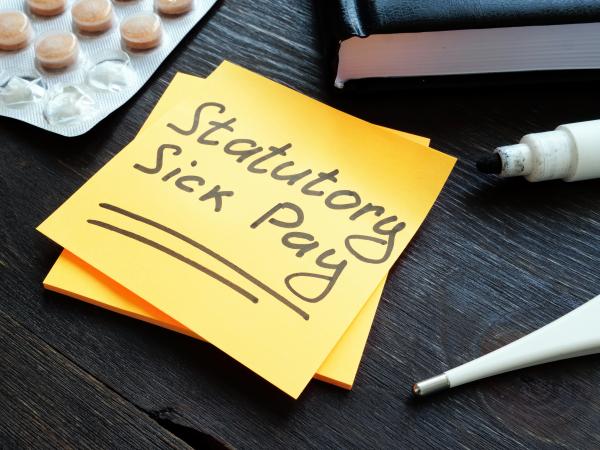
A recent research briefing published by the House of Commons’ Library on the topic of Statutory Sick Pay (SSP) provided a comprehensive overview of the current SSP regulations, including eligibility criteria, payment rates, and potential future reforms.
Key highlights of the proposed reforms which employers should be aware of include:
- Increased SSP Rate:
- The SSP rate should be raised to better support employees, potentially aligning it with the Statutory Maternity Pay rate.
- Removal of the Lower Earnings Limit (LEL):
- All employees, regardless of their earnings, would be eligible for SSP, which could increase the financial burden on employers as more workers would qualify.
- Elimination of Waiting Days:
- The removal of the three-day waiting period would mean that employers would need to pay SSP from the first day of absence due to illness, increasing immediate costs.
- Phased Returns to Work:
- Employers would be required to allow SSP to continue during phased returns to work, where employees could receive a combination of wages and SSP based on reduced hours worked.
- Single Enforcement Body:
- The establishment of a dedicated body to enforce SSP regulations would mean employers may need to adapt to new compliance requirements and oversight.
- Increased Penalties for Non-Payment:
- The penalties for failing to pay SSP would be raised, leading to higher risks for employers who do not comply with regulations.
- Targeted Rebate Scheme for Small Employers:
- A new rebate scheme could be introduced to help small businesses manage the additional costs arising from changes to SSP, potentially offsetting some financial impacts.
- Contributory Sick Pay Scheme for Self-Employed:
- While this change primarily affects self-employed individuals, it could indirectly impact employers by altering the dynamics of the labour market and employee expectations.
If implemented, these changes would require employers to adjust their payroll systems, budget for increased costs associated with sick pay, and ensure compliance with new regulations. Additionally, the focus on employee support may necessitate changes in workplace policies regarding sickness and health management. Employers should stay informed about these potential changes as they can significantly affect financial and operational planning.
This article reflects the position at the date of publication shown above. If you are reading this at a later date you are advised to check that that position has not changed in the time since.
We regularly publish articles on a range of tax and wider topical issues which affect employers. If you wish to subscribe to our monthly Employer Focus e-newsletter, please contact us.















